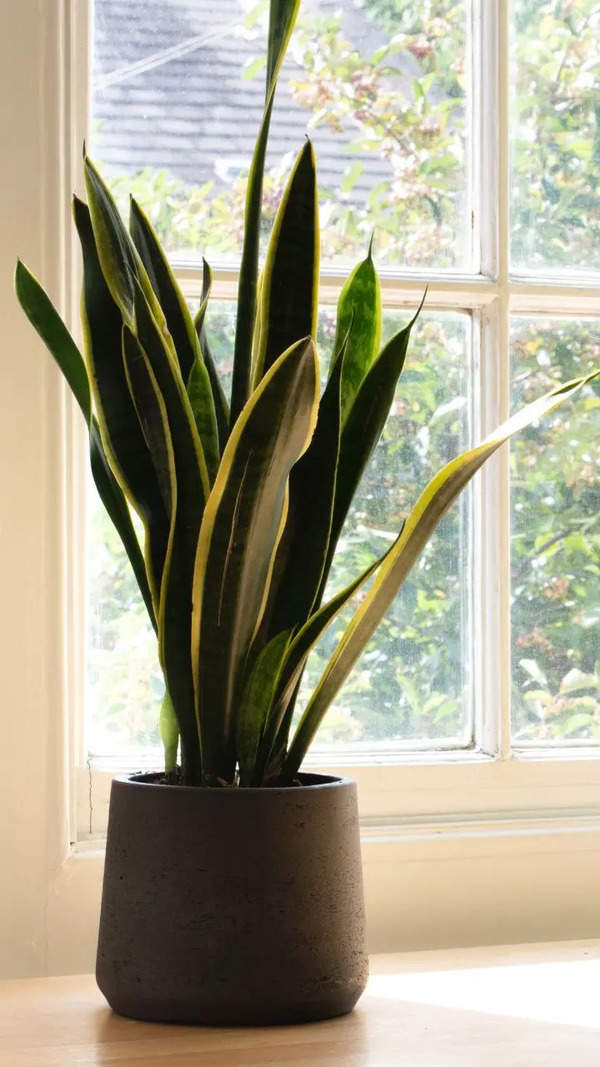- News
- Raising the bar behind bars, one degree at a time
Raising the bar behind bars, one degree at a time
Apart from setting course to normal life, preventing depression and controlling negativity, the free education programme at Colvale Central Jail is also giving inmates hope by offering productive utilisation of their time and a sense of fulfillment. It all ultimately aims for their reform and rehabilitation

Looking back now, the first eight and a half years in jail after his arrest in a murder case were possibly the easiest, Ryan Pinto feels. Promises of “release within three months” from lawyers, saw close to a decade pass by while he read novels in his cell.
With a stoic face, Ryan recalls the conviction opening his eyes to reality – the wasted years that lay behind him and the tough prison routine that loomed ahead. He and Rohan Pai Dhungat, who was convicted in the same case, found themselves making frantic efforts to continue their education.
But around the late 2000s, the Union education ministry decided to crack the whip on universities offering distance learning courses without following prescribed guidelines. It took away that one thing prison inmates could look forward to outside of the prison work routine of 8am to noon and 2pm to 5pm, followed by dinner before being locked up in their cells.
It was in 2015 that a new chapter opened for inmates with the establishment of the Indira Gandhi National Open University (Ignou) centre at the central jail, where students can not only answer exams within the prison but also study at no cost.
“It began with an enrollment of 60. Today, there are close to 200 students. The inmates can use their time after 5pm to study and do their assignments. They use our well-equipped library for study,” says Bhanudas Pednekar, additional superintendent of police at the jail and centre superintendent for Ignou.
Inmate Shankar Tiwari had not even completed his higher secondary schooling at the time of his murder conviction and admits to having allowed eight years to go by without a thought to completing his education inside the jail.

“Today, I guide students and get them enrolled in courses. I completed my higher secondary course through open schooling, and I have obtained my bachelor’s degree in tourism studies from Ignou. Usually, it is those who feel they are here for the short term who are not interested in pursuing education, as they feel they will be released. Those convicted are more likely to enrol,” says Shankar.
Ryan too finds himself motivating students who go through stages of demotivation, depending on the outcome of their case in the courts.
“I waited for two years, initially. I have now been here for 18 years. After completing my LLB and LLM through the time on parole, I did several external courses through other universities and am now pursuing Ignou courses. Being engaged in studying ensures you are not just wasting your time,” says Rohan.
Any possibility of a career, however, is out of the question with a conviction, he says.
“We study because we have to use our time productively. It is a different happiness for family at home that we are doing something with our time. Rohan has eight to nine degrees now. Studying gives us a sense of discipline, fulfilment and achievement. It also helps us overcome negativity. Also when you are reading the textbooks, you are learning something new,” adds Ryan.
The passing percentage is high, at 65%, at the central jail’s Ignou centre, says Pednekar. The certificate course in food and nutrition is the most popular with inmates as it requires no basic qualifications.
Awaiting a murder trial, Suchana Seth, has just enrolled for a language course with Ignou and is eager to start her studies. Despite not knowing Konkani, she is already mentoring other female inmates in enrolling for the programmes.
“The challenges are unique to the jail environment. Inmates are stressed out. There is of course the difference in mindsets of convicts and undertrials. For many, the last time they studied was a long time ago and they are out of the habit of academic rigour. We have to figure out the right way of coaching and mentoring them accordingly,” says Suchana.
For jail officials, the Ignou centre has come as an ideal means to reform prisoners. Amid depression and the feeling of having lost it all, Pednekar says the shot at education gives them hope of re-establishment in society after release.
“In the criminal justice system, we are the last step. The court has already handed the punishment to them. Our role is to reform them. It also keeps them engaged, which is very important. It is a matter of great joy for us that many inmates have even started working upon their release by using their certificate in food and nutrition,” Pednekar says.
Jail superintendent Shankar D Gaonkar says the authorities are now considering ways to connect the new graduates with the industry for employment upon their release.
“I firmly believe that education is a powerful tool for transformation. Through Ignou’s ‘free education for jail inmates’ scheme, we provide prisoners with the opportunity to pursue academic and skill-based programmes at no cost, enabling them to reshape their lives. Education not only reduces backsliding but also instils a sense of self-worth, discipline, and responsibility among prisoners,” says Ignou Goa regional centre director, G Shrinivas.

About the Author
Gauree MalkarnekarEnd of Article
FOLLOW US ON SOCIAL MEDIA








